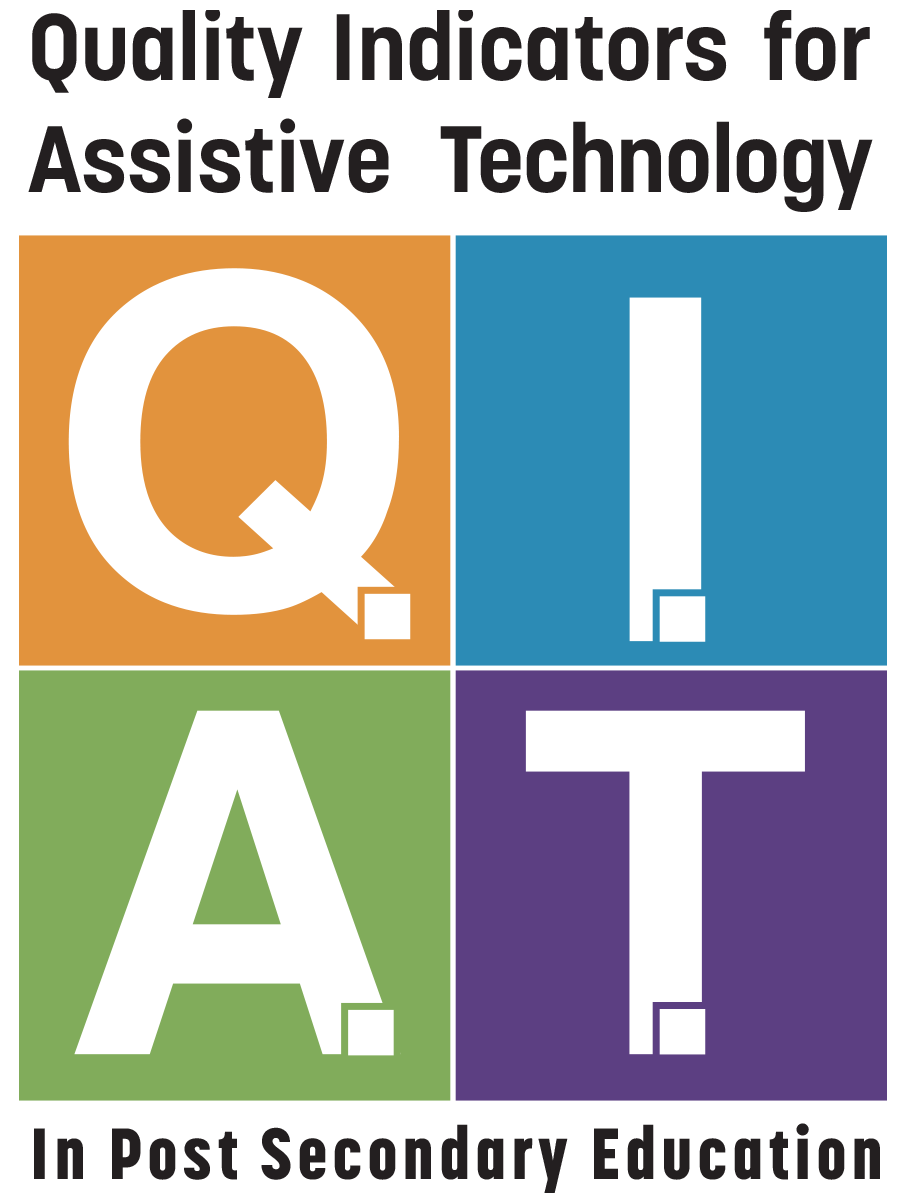Publications
The Great Lakes Center maintains resources that are available in our region as well as throughout the United States regarding the Americans with Disabilities Act (ADA) and Accessible Information Technology (AIT). Such resources include written material, consultants, architects, educators, model programs, and other services specializing in accommodating the needs of people with disabilities. The information, materials, and/or technical assistance referred to on this page are intended solely as informal guidance, and are neither a determination of your legal rights and responsibilities under the ADA, nor binding on any agency with enforcement responsibility. For questions or materials about the ADA, disability etiquette, or Accessible Information Technology, call 800-949-4232 (V/TTY) to reach your National ADANetwork.
Americans with Disabilities Act (ADA)
ADA Title II and Title III Regulations Fact Sheet Series
The U.S. Department of Justice recently revised the ADA Title II requirements for State and Local Governments and Title III requirements for Places of Public Accommodation. Although a great number of the regulations took effect March 15, 2011, additional requirements went into effect March 15, 2012. The National Network of ADA Centers has created a series of fact sheets to ensure businesses, government entities and individuals understand these changes. PDF versions of each fact sheet are listed below by topic area. For your convenience, the first fact sheet in the series provides a brief overview of the changes for each of the other topic areas.
- Overview of Revised Regulations : This fact sheet presents a brief overview of the changes for each of the eight topic areas including: Effective Communication, Examinations and Courses, Places of Lodging, Service Animals, Ticketing, Wheelchairs and Other Power-Driven Mobility Devices, Detention and Correctional Facilities, and the 2010 ADA Standards for Accessible Design.
- Effective Communication: Have you ever had a question about auxiliary aides, sign language interpreters or telecommunications? This fact sheet presents information on the obligations of Title II public entities (state and local government entities) and Title III private businesses (places of public accommodation) to provide appropriate auxiliary aids and services where necessary to ensure effective communication with individuals with disabilities.
- Exams and Courses : Read this fact sheet to learn about new regulations regarding examinations and courses. These regulations affect exams and courses related to applications, licensing, certification or credentialing for secondary or postsecondary education or professional or trade purposes.
- Lodging : This fact sheet presents information on the obligations that must be followed by an entity who owns, leases, leases to, or operates a place of lodging. Use this fact sheet to learn more about the new regulations for reservation systems and the requirements from the 2010 Standards.
- Service Animals : Use this fact sheet to review the newly revised ADA definition of a service animal and learn about new regulations which protect the rights of individuals who use service animals.
- Ticketing : This fact sheet presents new regulations for Title II and Title III entities that sell tickets for a single event or a series of events. Use this fact sheet to learn how to properly coordinate the purchase, hold and release of tickets for accessible seating, as well as prevent ticket fraud.
- WheelChairs : This fact sheet presents a definition for a wheelchair and other power-driven mobility devices and explains requirements for identifying where they can be used as a reasonable modification.
- Correctional Facilities : Use this fact sheet to learn about the obligation public entities have to ensure qualified inmates or detainees with disabilities are included in the services, programs, or activities available, as well as the minimum requirements new construction of jails, prisons, and other detention and correctional facilities must follow to comply with the 2010 Standards.
- Overview of 2010 Standards of Design : This fact sheet presents information on the 2010 Standards for Accessible Design. On March 15, 2012, compliance with the 2010 Standards will be required for new construction and alterations.
- Accessible Parking : This fact sheet presents information on the 2010 Standards to review new provisions for accessible parking that apply to state and local governments, as well as public accommodations and commercial facilities.
Legal Briefs
Here are some briefs that address case decisions with respect to the ADA.
ADA Amendments Act of 2008
- ADA Amendments Act Update Legal Brief - 9/10
- The Litigation Landscape Nearly One Decade After the Passage of the ADA Amendments Act - 4/18
- Qualified Under the ADA: The New Legal Battleground After the ADA Amendments Act - 5/14
ADA in Certain Settings
- ADA and the Higher Education - 5/21
- ADA in the K-12 Setting - 5/18
- ADA in the Hospitality Industry - 5/13
- ADA in Healthcare Settings - 4/18
- Disability Related Questions and Medical Exams - 9/18
- ADA in Healthcare Industry - 5/19
- Criminal Justice and the ADA - 9/20
- Post Secondary And Licensing Under the ADA - 3/11
Communication
Defenses Under the ADA
- Direct Threat Under the ADA - 3/18
Employer Duties under ADA
- Confidentiality Requirements Under the ADA - 5/18
- The ADA and Return to work Issues - 1/15
- Disability Related Questions and Medical Exams - 9/18
Reasonable Accomodations
- Employee Leave as a Reasonable Accommodation Under the ADA - 7/07
- Reassignment as a Reasonable Accommodation Under the ADA - 10/07
- Reasonable Accommodations For People With Psychiatric Disabilities Under The ADA - 1/08
- Reasonable Accommodations Under the ADA - 03/23
- The Interplay Between the ADA & the FMLA - 05/17
Maintenance of a Hostile-Free environment
General
- COVID‐19 and the ADA - 9/21
- Impact of the Supreme Court's ADA Decisions - 4/18
- Hot Topics in ADA Title III Litigation - 4/18
- Pretext Cases Under the ADA: Sound Business Decision or Discriminatory Action - 9/09
Individuals Protected by ADA
- ADA Coverage Beyond Actual Disabilities: Regarded As, Record Of, and Association - 4/18
- Invisible Disabilities and the ADA - 4/18
- Drugs, Alcohol and Conduct Rules Under the ADA - 1/20
- The Supreme Court's Olmstead Decision and Its Far-Reaching Impact - 9/22
Service Animals
- Service Animals and the ADA - 4/18
Websites and the ADA
General
Great Lakes Chronicle
The Great Lakes Chronicle provides the latest revisions of the law, training on the ADA, and interesting resources that are available to you. You may subscribe to the Chronicle and receive email notifications whenever the latest Chronicle edition is available.
Disability Law Handbook
This handbook is a broad overview of rights and obligations under federal disability laws. Individual state laws may impose more stringent obligations. This handbook is intended to inform rather than to advise, and the information provided is of a general nature. You should consult an attorney for advice about your particular situation.




